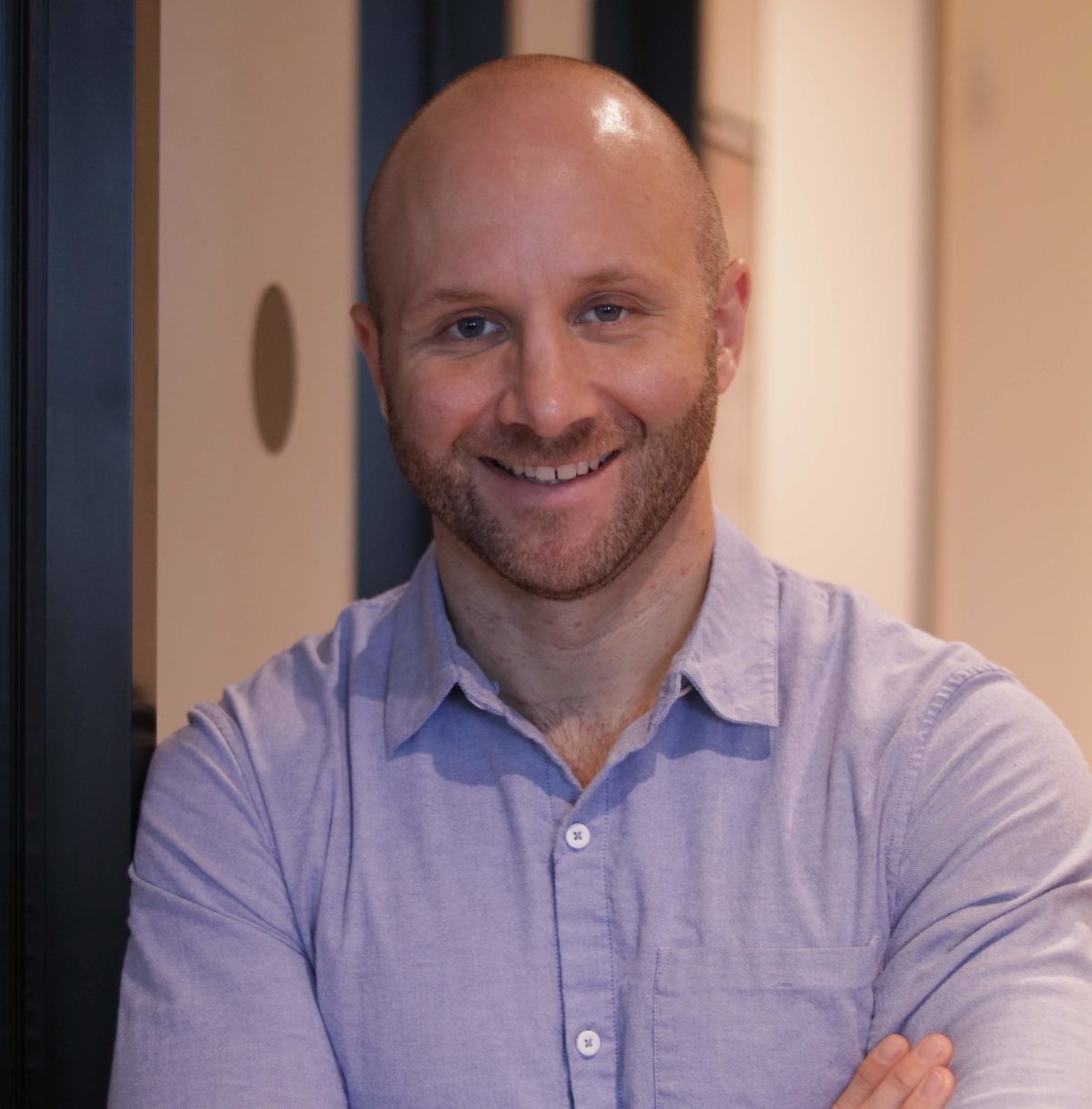Last week, I presented a three hour workshop at the Create Good Conference on video storytelling.
Create Good is a conference for nonprofit communicators, many of whom are one-person teams, and as a filmmaker who is often the driving force (if not the sole force) behind creative projects, I felt like the people in the room and I immediately empathized with each other.
With three hours, we covered a lot of ground. But the main takeaway I wanted them to ingest, was not to let the overwhelming feeling of keeping up with new platforms and the weight of trying to find and create good content prevent them from at least taking the action and doing something!
At the beginning of the conference, a lady walked up to me and said, “We just did a series of 10 videos and the response was really very negative. It just crushed me.”
“Good.” I said.
She stood there puzzled. I continued:
“As an artist, I know the feeling. I’ve been rejected many times and you will get rejected and you will fail many more times than you will succeed. Now, you have a more informed approach. I’m not trying to be all ‘silver linings,’ but at least you now know what doesn’t work. That that information and go try again.”
“Video is the most powerful tool to create empathy.” – Barbara Peña, @RAICESTEXAS
Damn right. I hope to help these #nonprofit communicators learn how in my #CreateGood19 workshop!
— Rain Bennett (@rainbennett) May 9, 2019
We all know the saying, “Don’t let ‘perfect’ be the enemy of ‘good enough,’” or at least some version of it. Voltaire said it, Confucius said it, and so did Shakespeare.
We are often so scared of putting something out there and getting negative feedback, that we choose to not do anything. But we have to ask ourselves, “What is the cost of that inaction?”
Just yesterday I had a meeting with a new client and the same topic came up.
She was in that very spot — knowing she needed to create video content and tell good stories, but unsure of how to move forward and always letting the urgent tasks get in the way of important tasks that would move her closer to her mission.When we find ourselves in that position, we often just spin in circles from fire to fire but never actually make progress.
I told her a simple way to prioritize:
“Think about this. When you’re looking at where to spend your time, and we all struggle with bandwidth issues, think about which task is going to have the most lasting effects. What is going to be more important in a year: the fact that you organized supplies in your warehouse or that you created a video that captured the story of what your organization does and you can use for marketing?”
She nodded, understanding the point immediately.
I’m not saying that organizing supplies wouldn’t be important; I’m just saying we need to consider what is important and why? We have to ask ourselves these questions and be aware of the bigger picture. For her goals, organizing supplies wouldn’t have gotten her closer to achieving her mission. Plus, she’d have to reorganize those same supplies in the not-too-distant future.
If you are at #creategood19 and you aren’t yet subscribed to @rainbennett ‘s @storylabpodcast – time to take a listen! pic.twitter.com/XIOvSB54h2
— Annie Beth Donahue (@anniebdonahue) May 9, 2019
But that good piece of video storytelling could effectively live on and work for her forever.
It was an easy choice.
There’s a certain equation I use in my own life when I am comparing and prioritizing tasks — which I often find myself doing because I struggle with when to do creative work like books or films (that could pay off in a big way in the future) or client work that quickly brings in revenue and helps me pay bills.
I ask myself: what the potential downside if I do this and it doesn’t “hit” or it fails? Then I ask, “What is the potential upside if it does succeed?” If the potential upside far exceeds its counterpart, then the decision is easy.
To put it another way, if the downside means I lost a little bit of time (and maybe money), but not too much and I learned something along the way, but the upside means making a lot of money or launching my career into a new level, or getting me closer to my mission, then the answer is “Yes!” I should do that thing.
At the conference last week, speaking to the lady still scarred by her negative feedback, I finished with a simple metaphor.
“Not every at-bat is going to be a home run or even a base hit. But you definitely aren’t going to hit the ball if you don’t swing. Be bold, and swing the bat.”
 Rain Bennett is a two-time Emmy-nominated filmmaker, writer, and competitive storyteller with over a decade of experience producing documentary films that focus on health and wellness. His mission is simple: to make the world happier and healthier by sharing stories of change.
Rain Bennett is a two-time Emmy-nominated filmmaker, writer, and competitive storyteller with over a decade of experience producing documentary films that focus on health and wellness. His mission is simple: to make the world happier and healthier by sharing stories of change.
You can read the rest of “Right as Rain” here, and check back every Wednesday on Chapelboro for a new column!

